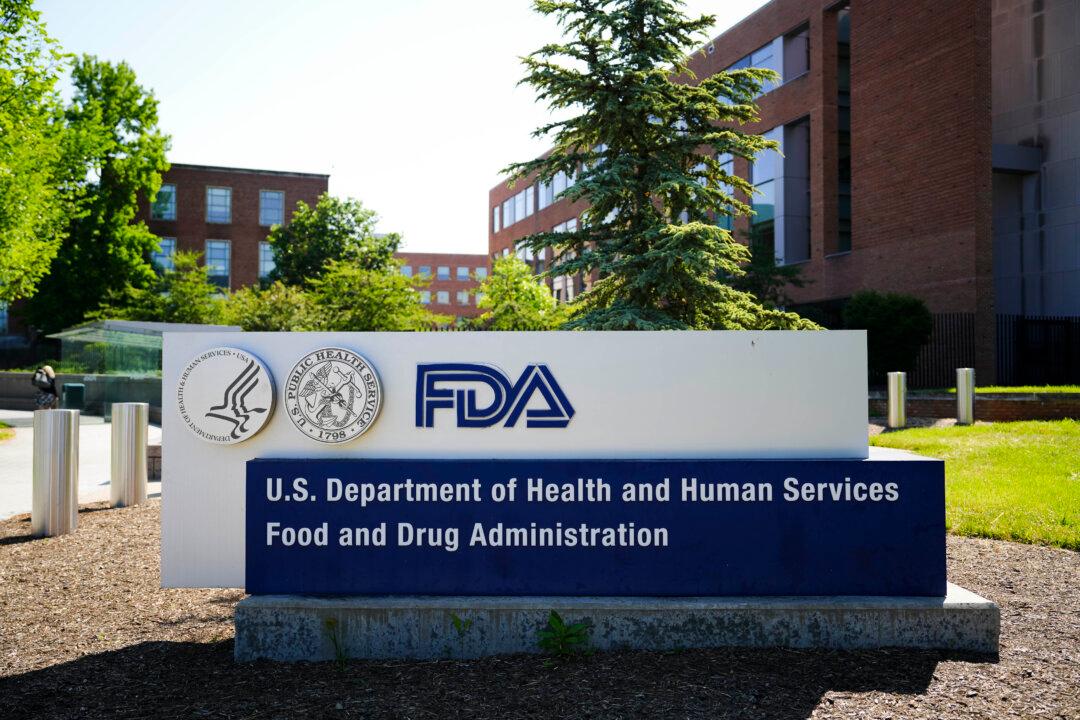The U.S. Food and Drug Administration (FDA) responded to concerns about billions of plasmid DNA fragments in Pfizer’s COVID-19 vaccine—as a university researcher recently testified in front of a South Carolina Senate hearing.
“The mRNA COVID-19 vaccines authorized or approved for use in the United States are not defined as a gene therapy,” the FDA told Maryanne Demasi, a former Australia Broadcasting Corporation journalist who now operates a Substack page. She noted that the FDA spokesperson didn’t answer specific questions about the DNA fragments.





